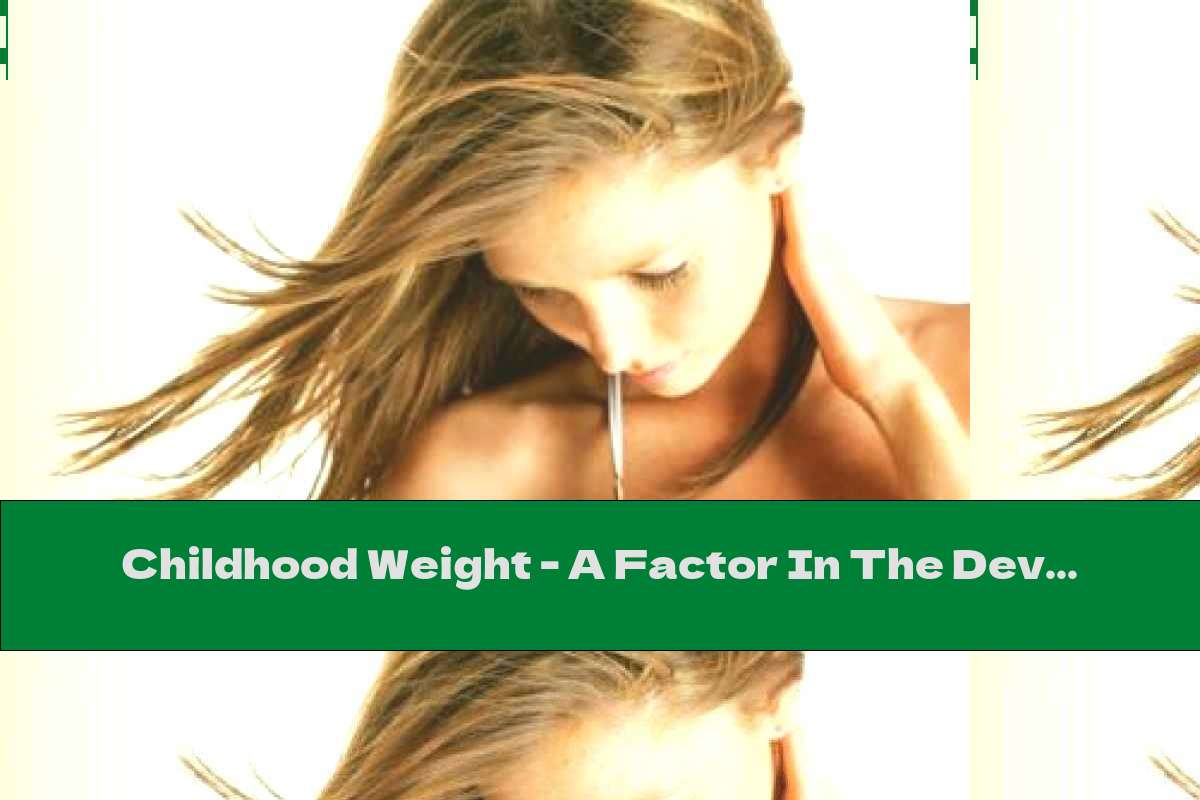Childhood Weight - A Factor In The Development Of Breast Cancer
 Author: Dean Rouseberg
Time for reading: ~1
minutes
Last Updated:
August 08, 2022
Author: Dean Rouseberg
Time for reading: ~1
minutes
Last Updated:
August 08, 2022

In this article, learn more about Childhood Weight - A Factor In The Development Of Breast Cancer. Weak girls are at increased risk of cancer .....
There is a lot of talk about how unhealthy being overweight is, especially if this problem occurs in childhood. However, it turns out that both overweight and underweight carry a number of risks that often go unnoticed. The results of a new study show that a few extra pounds may be healthy.
According to studies conducted by Swedish scientists, thin girls are at higher risk of developing breast cancer at a later age.
Experts from the Karolinska Institute in Stockholm have concluded that girls who are chubby in childhood and adolescence are at lower risk of developing aggressive tumors later in life.
The results, published in the scientific journal Breast Cancer Research, are based on a study of 6,000 women, some of whom were diagnosed with breast cancer.
During the study, women had to answer questions about their weight and health when they were children.
The study's authors found that obese girls had a lower risk of cancer and explained that their findings could help prevent and diagnose the problem early.
However, the exact mechanisms of the relationship between higher weight and reduced risk of breast cancer have not yet been elucidated.
The data obtained are in stark contrast to the currently accepted claim that high birth weight and increased body mass index in childhood are a prerequisite for a number of health problems, including neoplasms.
Related Articles
- The Role of Water in Nutrition: Importance, Hydration, and Weight Management
- The Ultimate Guide to Hormone Type 5 Diet for Weight Loss and Health
- The Importance of Breast Milk Color in Nutrition: Understanding Nutritional Insights
- The Role of Hormones in Nutrition: Impact on Diet, Weight Management, and Health
- The Impact of Lifestyle Choices on Weight Management: Nutrition and Habits